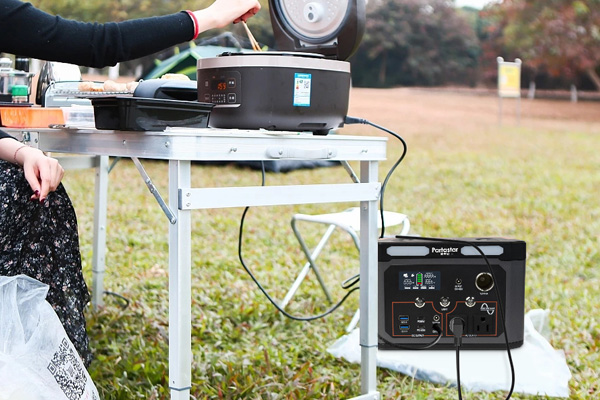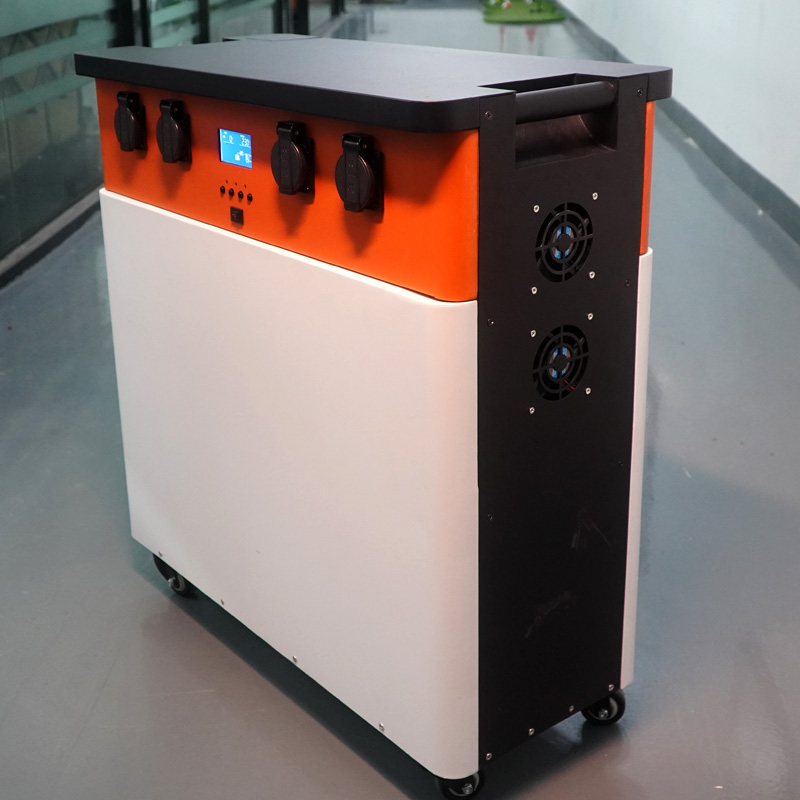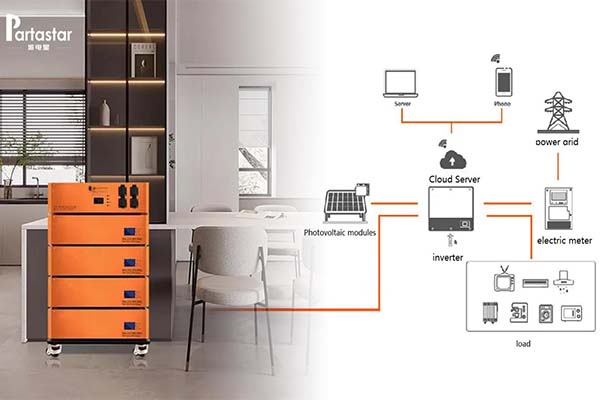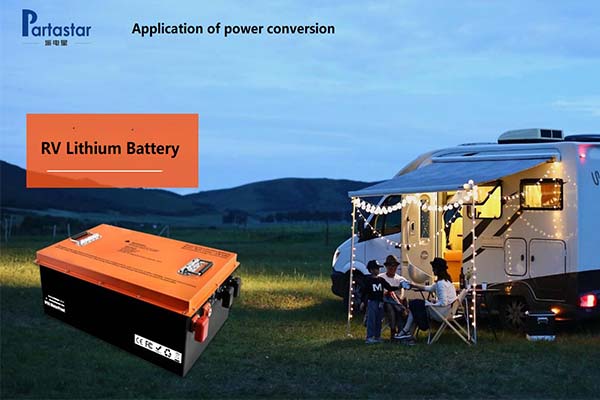A 1000-watt power station is a portable and versatile power source that can power a wide range of electronic devices and appliances. However, the runtime of a 1000-watt power station depends on various factors, such as the battery capacity, the power consumption of the connected devices, and the ambient temperature and humidity. In this article, we will discuss how long a 1000-watt power station can last, and what factors can affect its runtime.
Battery Capacity
The battery capacity is one of the most important factors that determine the runtime of a 1000-watt power station. The battery capacity is measured in watt-hours (Wh), which is the product of the battery voltage and the amp-hour (Ah) rating. For example, a 1000-watt power station with a 100 Ah battery has a capacity of 1200 Wh (12V x 100Ah = 1200Wh).
The runtime of a 1000-watt power station depends on the power consumption of the connected devices and the capacity of the battery. For example, if you connect a device that consumes 100 watts of power, a 1000-watt power station with a 1200 Wh battery can power the device for 12 hours (1200Wh / 100W = 12 hours). However, if you connect a device that consumes 500 watts of power, the same power station can power the device for only 2.4 hours (1200Wh / 500W = 2.4 hours).

Power Consumption of Connected Devices
The power consumption of the connected devices is another important factor that affects the runtime of a 1000-watt power station. The power consumption of the devices depends on their wattage rating and usage patterns. For example, a laptop may consume between 50 and 100 watts of power, depending on the model and the usage, while a refrigerator may consume between 100 and 300 watts of power, depending on the size and the efficiency rating.
To calculate the runtime of a 1000-watt power station, you need to add up the power consumption of all the connected devices and divide the battery capacity by the total power consumption. For example, if you connect a laptop (50 watts) and a refrigerator (200 watts) to a 1000-watt power station with a 1200 Wh battery, the total power consumption is 250 watts, and the runtime is 4.8 hours (1200Wh / 250W = 4.8 hours).
Ambient Temperature and Humidity
The ambient temperature and humidity can also affect the runtime of a 1000-watt power station, as they can affect the efficiency and the output of the battery and the inverter. High temperatures can cause the battery to degrade faster and reduce its capacity, while low temperatures can reduce the efficiency of the inverter and the output of the battery.
To ensure optimal performance and longevity of a 1000-watt power station, it is important to store and operate it in a cool and dry environment, away from direct sunlight and moisture. Some power stations come with built-in cooling fans and temperature sensors that can regulate the temperature and prevent overheating.
Charging Time and Method
The charging time and method can also affect the runtime of a 1000-watt power station, as they can affect the capacity and the efficiency of the battery. Solar panels can provide a renewable and environmentally friendly source of power, but their efficiency and output depend on the weather conditions and the orientation of the panels. Wall outlets and car chargers can provide a fast and reliable source of power, but they may not be available in remote locations.
To ensure that your 1000-watt power station is fully charged and ready to use, it is important to choose a charging method and time that suits your needs and requirements. Some power stations can be charged using multiple methods, such as solar panels, wall outlets, and car chargers, which can provide flexibility and convenience.
Conclusion
In conclusion, the runtime of a 1000-watt power station depends on various factors, such as the battery capacity, the power consumption of the connected devices, and the ambient temperature and humidity. The battery capacity is measured in watt-hours (Wh) and the runtime depends on the total power consumption of the connected devices. The ambient temperature and humidity can affect the efficiency and the output of the battery and the inverter, and it is important to store and operate the power station in a cool and dry environment. The charging time and method can also affect the runtime of a 1000-watt power station, and it is important to choose a charging method and time that suits your needs and requirements. By considering these factors, you can determine the runtime of your 1000-watt power station and ensure that it meets your power needs and requirements.



